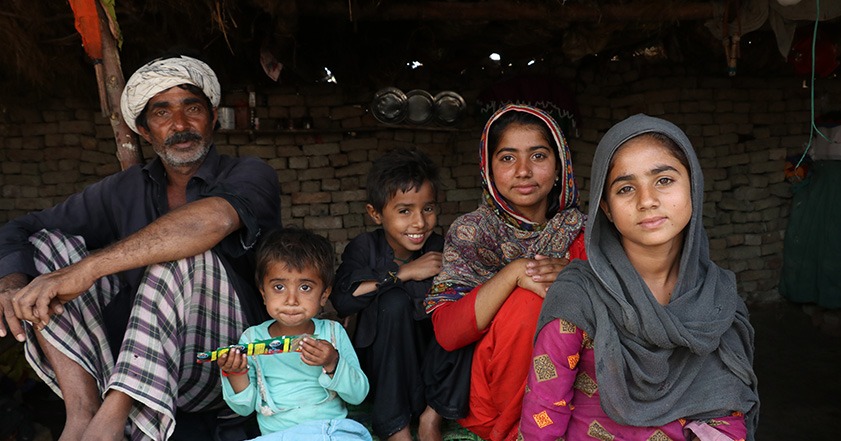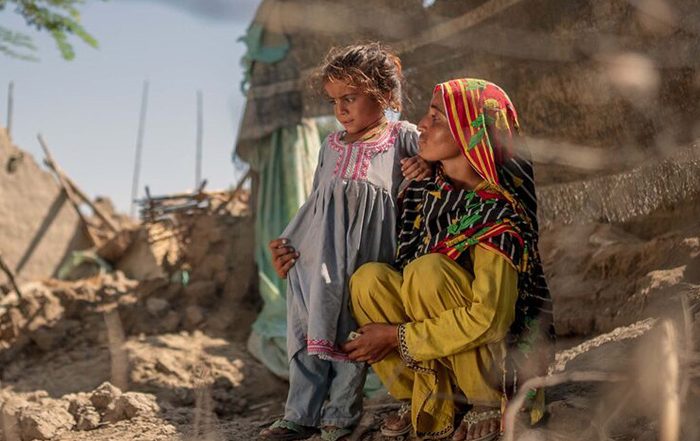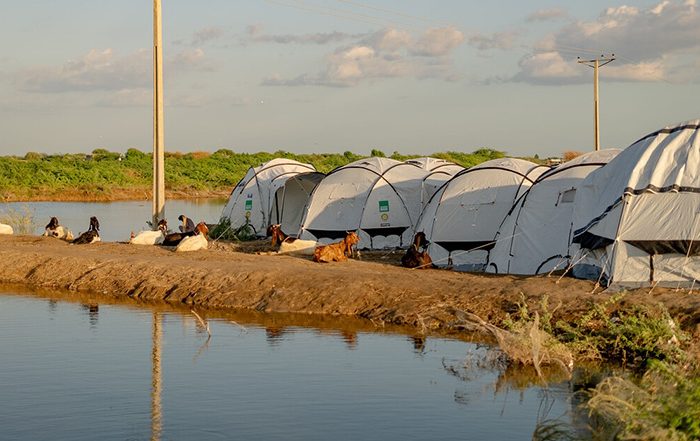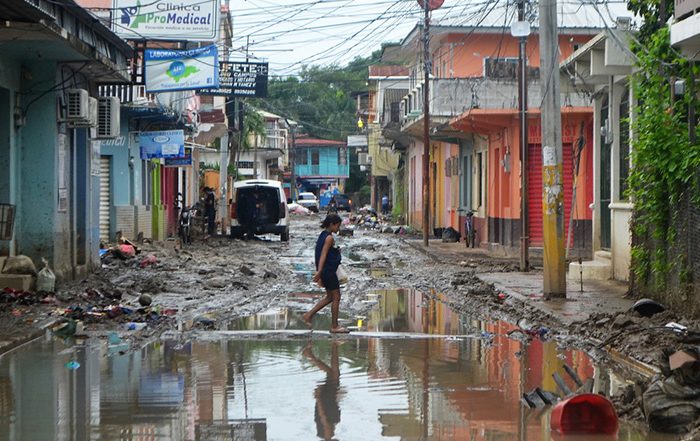Join us in rethinking disasters.
Disasters can happen after extreme weather, earthquakes, and floods. It can be easy to think that the impact these have on people are inevitable. But it doesn’t have to be that way.
Long before storms strike or rivers burst their banks, decisions by people in power create a recipe for disaster. There is a world-wide lack of investment in preparation, recovery and rebuilding. And in some places, disasters are happening again and again because people in power don’t do what’s needed to support the communities who live there. We know because we’re there, responding to the cycle of disaster.
We’re adapting our aid to better help families trapped in this cycle. And we’re asking people to be more aware of the causes of disaster
Here are three ways you can help us rethink disasters and help spread the word.
1) Learn more about the cycle of disasters on our website
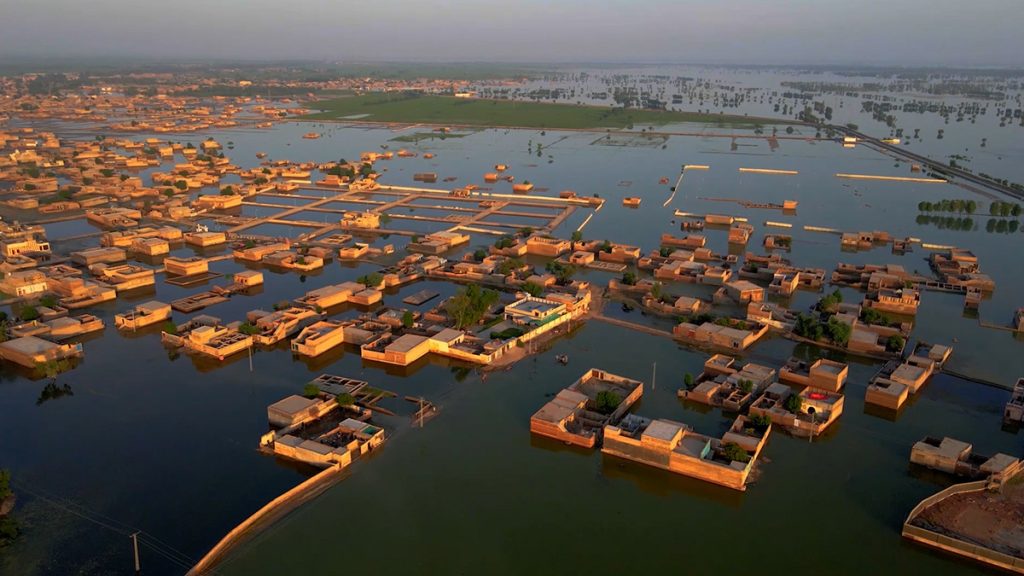
Our Rethink Disasters page breaks down why we’re rethinking disasters. We share how and why so many people are trapped in a cycle of disasters, and how vulnerable communities suffer as a result. And we share how we’re adapting the way we work to better help the people bearing the brunt of disasters.
Read the page to learn more about the causes of disaster. And if you haven’t done so already, you can add your name to support our call to rethink disasters.
2) Share what you’ve learned with five people
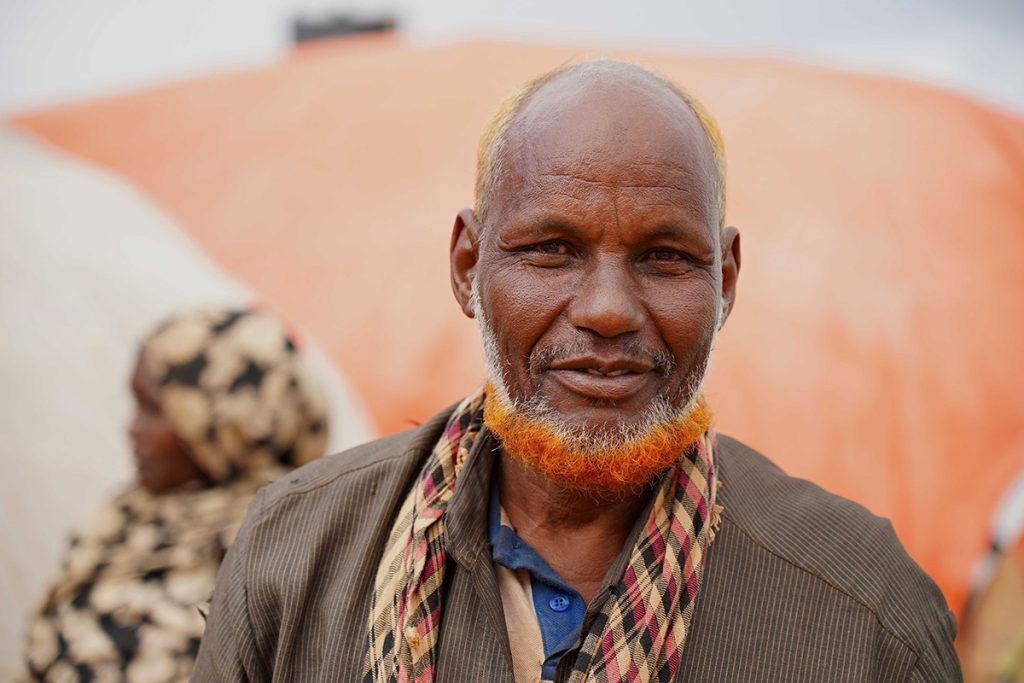
Can you share our message with five people and ask them to sign too? So more people can understand the cycle of disaster, and why disasters need a rethink.
Here, people can sign to learn more, and easily share it to Facebook, Instagram or Twitter / X.
Imagine if 100 people shared our message with five people they knew. Then each of those people shared the message five times. That’s over 2000 people who now know and can share with others why we need to rethink disasters. If each of those individuals also shared the message 5 times, that’s over 12,000 people reached!
It may not seem a lot, but sharing our message five times could make a massive difference.
3) Share why disasters are not natural
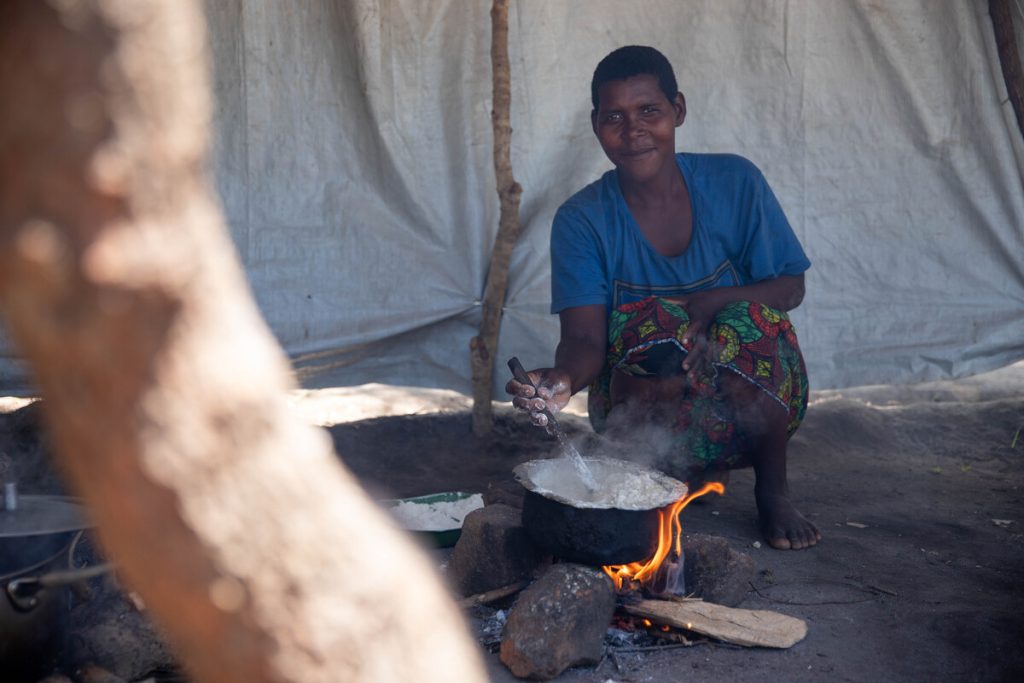
We believe there is nothing natural about millions of people losing their homes to disaster.
That’s why we’ve stopped saying ‘natural disasters’ and we’d like everyone else to stop saying this too. It implies nothing can be done to prevent disasters when it’s not the case.
When you hear people use the term ‘natural disaster’, correct them. Share what the causes of disasters really are. The lack of action of those in power around the world. And no collective investment in preparation, recovery or rebuilding.
Ask people instead to just use the term ‘disaster’. Because disasters are not natural.
By 2050, over one billion people will be forced from their home by disasters. This date is coming closer. And the climate crisis means storms, floods and droughts are becoming more intense. But people in power still have not stepped up to help communities trapped in a cycle of disaster. By learning more about disasters, sharing our message and helping others see why disasters are not natural, you can help us break the cycle.

